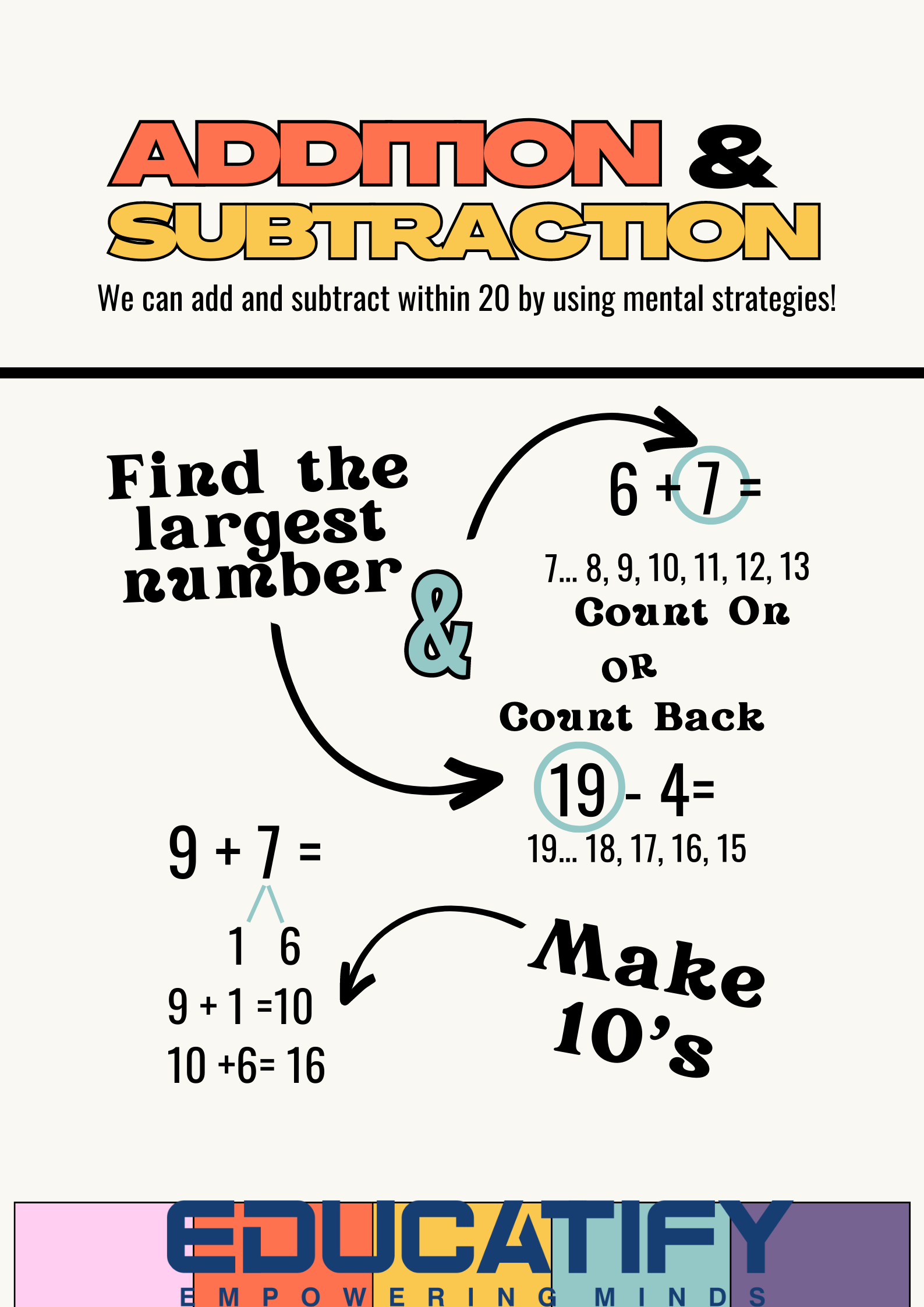"Unlock Your Mind's Potential: Master Abstract Thinking!"
-
Send Email info@educatify.com.au
-
AddressAustralia, UK, India
Hello, Please explore your opportunities here around reasonings and online classes

|
| Educatify's highlights our online math classes and reasoning practice programs, featuring detailed course descriptions, grade levels, schedules for live sessions and webinars, faculty profiles, student achievements, enrollment guidance, interactive resources, and parent support information. Discover engaging math and reasoning content, connect with experienced instructors, access interactive resources, and stay informed about upcoming events and promotions while creating a vibrant learning community. |
| Message By : Educatify |
E-mail : info@educatify.com.au
Mob : WhatsApp & SMS +61 414 044 658, +44 7799 274593, +91 70123 71387
Course Details
Basic

-
Overview
-
SpecificationsIntroduction: A brief introduction to the abstract reasoning test, explaining its purpose and how it measures cognitive abilities. Instructions: Clear and concise instructions on how to approach the test, including any specific rules or time limits. Sample Questions: Provide a few sample questions to familiarize test-takers with the format and types of problems they will encounter. Test Questions: Present the actual abstract reasoning questions in a structured manner, typically in ascending order of difficulty. Answer Options: Offer multiple-choice answer options for each question, labeled A, B, C, etc. Answer Sheet: Provide a separate section or page for test-takers to mark their chosen answers. Scoring: Explain how the test will be scored and how the results will be interpreted. Time Management Tips: Offer some tips on how to manage time effectively during the test. Test Completion: A message to indicate the end of the test and thank test-takers for their participation.
-
requirementsAccess to Test Materials: You'll need access to abstract reasoning practice materials or mock test questions. These can often be found in books, online resources, or through test preparation platforms. Internet Connection (for online tests): If you are taking online abstract reasoning practice tests or mock tests, you'll need a stable internet connection to access the questions and submit your answers. Test Time and Environment: Set aside an appropriate amount of time to complete the test, and ensure you have a quiet and distraction-free environment to concentrate on the questions. Pen/Pencil and Paper (optional): While many abstract reasoning tests are taken online, you might find it helpful to have pen and paper to work out your thought process and potential patterns while solving the problems. Willingness to Learn: Approach the practice tests with an open mind, willingness to learn, and a positive attitude. Abstract reasoning can be challenging, but practice can improve your skills over time. Honesty: Be honest with yourself while practicing. Identifying areas where you need improvement will help you focus on developing those specific skills. Timer (optional): Some practice tests have time limits to simulate real test conditions. If you want a more accurate representation of the actual test experience, you can use a timer during practice.
